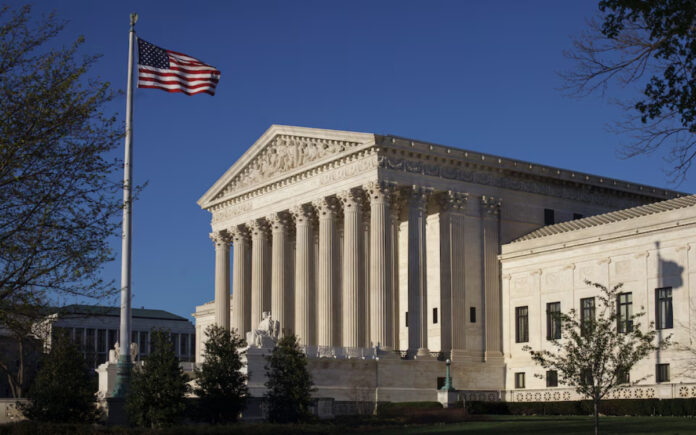Washington: The U.S. Supreme Court has chosen not to review a case challenging admissions policies for elite public high schools in Boston, avoiding further restrictions on efforts to promote racial diversity in education. The decision leaves intact a lower court ruling that upheld the legality of the short-lived policy.
The plaintiffs, a coalition of parents and students represented by a libertarian legal group, argued that the policy violated the U.S. Constitution’s 14th Amendment guarantee of equal protection. The policy, implemented during the COVID-19 pandemic, was criticized for allegedly discriminating against white and Asian students.
Two conservative justices, Samuel Alito and Clarence Thomas, dissented from the decision to decline the appeal. Justice Alito labeled the policy as “racial balancing by another name” and deemed it unconstitutional.
The Controversial Policy
The policy in question, which has since been replaced, used a combination of zip code-based quotas, family income, and grade-point averages to determine admissions. While it appeared race-neutral, it aimed to address racial inequities in admissions. Boston officials implemented it in 2021 after the pandemic disrupted traditional exam-based admissions.
Before the policy change, white and Asian-American students constituted 60% of those admitted to Boston’s selective schools, despite Black and Latino students comprising 71% of the city’s school-age population. The new policy reduced the percentage of admitted white and Asian students to 49%.
A group called the Boston Parent Coalition for Academic Excellence challenged the policy, claiming it unfairly favored Black and Latino applicants. However, the Boston-based 1st U.S. Circuit Court of Appeals upheld a lower court ruling that rejected these claims.
Broader Context and Litigation
The case came months after the Supreme Court’s 6-3 conservative majority struck down race-conscious college admissions policies, raising questions about the legality of similar diversity-focused measures. The plaintiffs urged the Supreme Court to address what they described as a “virus” of policies evading the affirmative action ruling.
Despite the legal challenges, Boston abandoned the admissions policy in favor of a new system incorporating grade-point averages, an entrance exam, and residential location.
Also Read | Catalan Separatists Push for Confidence Vote Against Spain’s PM
The plaintiffs continued their lawsuit, citing the experiences of five children allegedly denied admission to selective schools in 2021, even with higher grades than some admitted peers. The Pacific Legal Foundation, which represented the plaintiffs, previously pursued a similar case against an admissions policy at Virginia’s Thomas Jefferson High School for Science and Technology. The Supreme Court also declined to hear that case earlier this year.
Pacific Legal Foundation attorney Christopher Kieser expressed disappointment at the court’s decision not to intervene. “Every student should have an equal opportunity to succeed based on their merit, not where they live or the color of their skin,” Kieser said.



